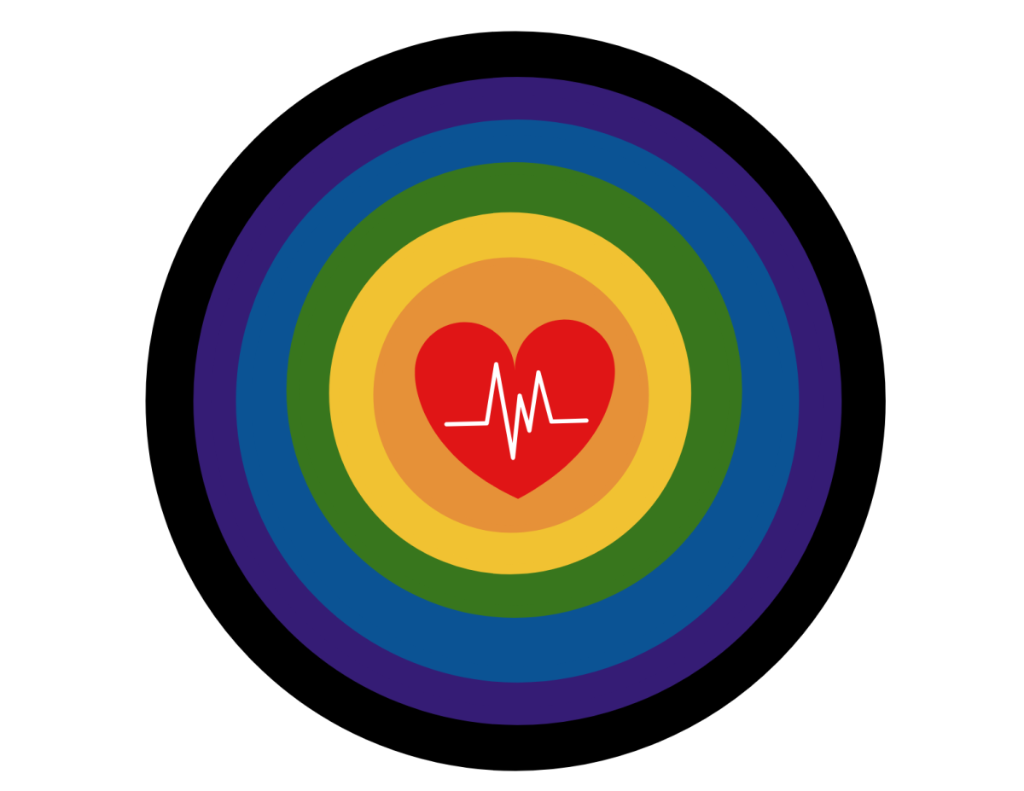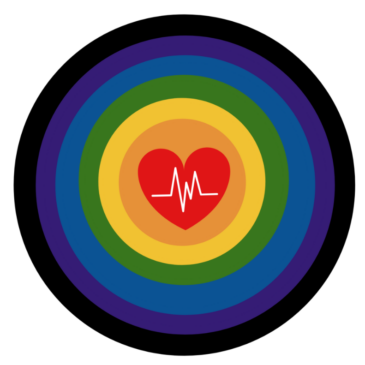
Forty-five years after the American Psychiatric Association removed homosexuality from its diagnostic manual of mental illnesses, the LGBTQ (Lesbian, Gay, Bisexual, Transgender, and Queer) community continues to experience health disparities, particularly when it comes to mental health and addiction. In the United States, the Department of Health and Human Services, National Institutes of Health, and Institute of Medicine have identified LGBT people as an at-risk population having social, economic and environmental disadvantages. Research suggests that these disparities are in large part due to those providers who ignore individuals’ lived experience, subjecting them to personal judgement, ignorance and stigma. In the United States, despite structural improvements such as the legalization of same sex marriage, LGBTQ community continues to cope with state-sanctioned intolerance, including state sodomy laws still on the books 15 years after the U.S. Supreme Court ruled them unconstitutional, the transgender military ban, and the impending rollback of Section 1577 of the Affordable Care Act. These discriminatory policies are not unique to the U.S. Across the globe, LGBTQ rights are a matter of life and death–from Russia and Egypt to El Salvador and Honduras.
Many researchers connect this history of individual and state-sanctioned intolerance and exclusion to risky substance use among “sexual minorities” (i.e., gay, lesbian, bisexual, transgender individuals). In the U.S., these individuals are more likely to have used illicit drugs and experienced substance use disorders in the past year, be current cigarette smokers and alcohol drinkers, need substance use treatment, and have had a major depressive episode in the past year. Even more, this group is more likely to report a number of healthcare access barriers, including lack of insurance, skipping medication to save money, having unmet medical needs, and delaying medical care, compared to their heterosexual cis-gender counterparts.
Today, we launch the 2018 Special Series on Addiction in the LGBTQ Community, in recognition of LGBT Pride Month–one of the most loving and jubilant times of the year. On Tuesday, June 5th, we will review a study of the efficacy and techniques used in smoking cessation programs tailored specifically for LGBTI (Lesbian, Gay, Bisexual, Transgender, and Intersex) communities. A week later, our second science review of the month will describe a study exploring how LGBT individuals experience both substance use and mental health-related issues. Then, we will review a study of Internet gaming habits of transgender individuals. And finally, we will look at a study exploring how people with intersecting identities experience alcohol and other substance-related problems. We will supplement these science reviews with an op-ed from the perspective of a queer woman who has experienced addiction.
We’re proud to announce that this month’s Special Series is sponsored by Fenway Health, a Boston, Mass. non-profit agency that works to make healthcare a right, not a privilege, for Boston’s lesbian, gay, bisexual and transgender community and all people in their neighborhood. Mr. Frank Busconi, LICSW, LADC, Manager of Integrated Behavioral Health Services at Fenway Health, will contribute an op-ed sharing his experiences providing care for LGBT individuals experiencing addiction.
Please join us as we celebrate Pride Month and explore addiction in the LGBTQ community, and be sure to comment below if you are moved to do so.
What do you think? Please use the comment link below to provide feedback on this article.




